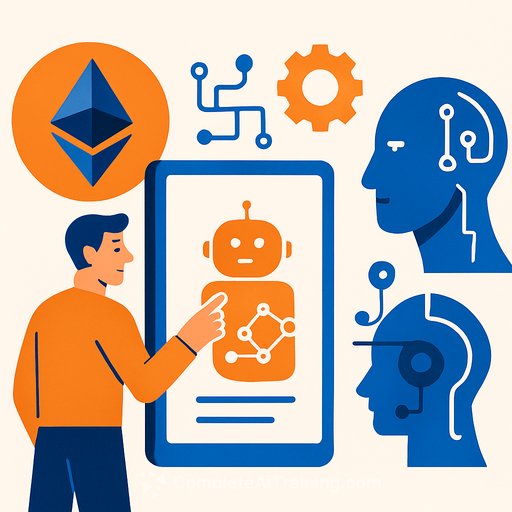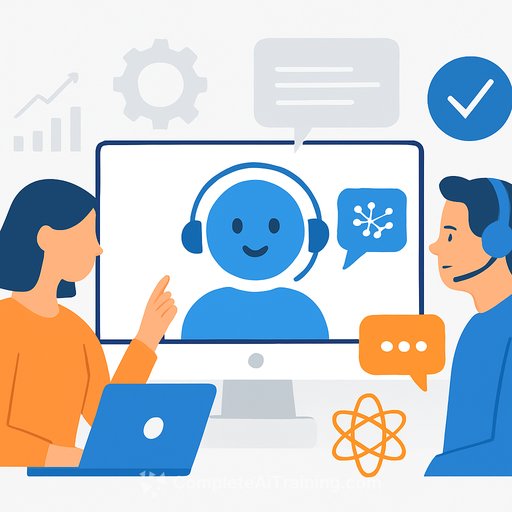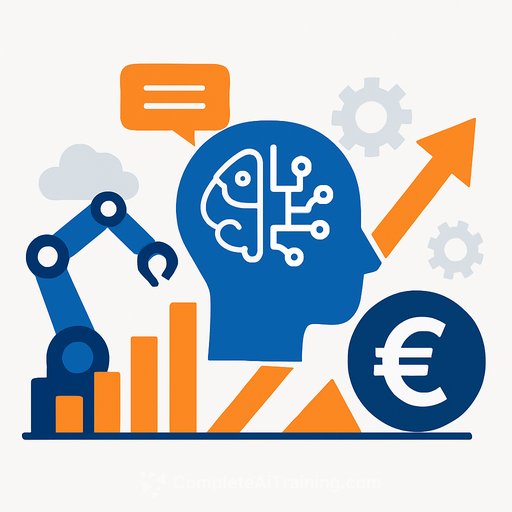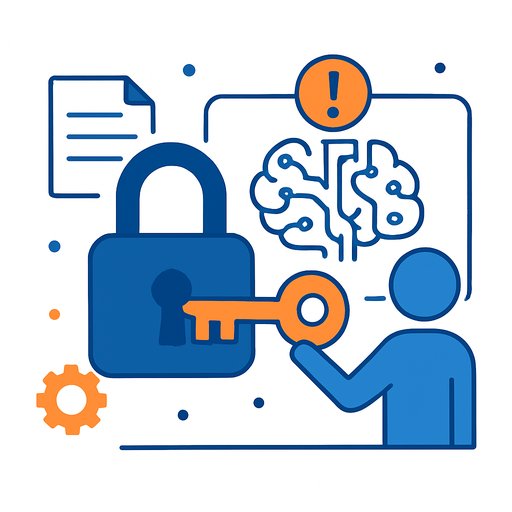Ethereum forms dAI team to make the network a base layer for AI
The Ethereum Foundation has launched a dedicated AI group called dAI to connect blockchain projects with major AI companies and push Ethereum beyond finance. Led by core developer Davide Crapis, the mandate is clear: make Ethereum a default settlement and coordination layer for AI software.
The message to builders is straightforward. AI agents will need identity, verifiability, and payments that don't break trust. Ethereum wants to be the backbone for that.
ERC-8004: wiring AI agents into Ethereum
The team's first milestone is ERC-8004, a standard to help AI agents discover services, verify counterparties, and transact across Ethereum with less friction. The proposal is expected to be finalized at Devconnect in Buenos Aires this November.
- Discovery: standard ways for agents to find on-chain services and peers.
- Verification: shared primitives for identity, provenance, and attestations.
- Transactions: predictable interfaces for payments and settlements.
Track event updates at Devconnect and follow EIP discussions at the Ethereum EIPs site.
What this unlocks for developers
- Agent-to-agent commerce: pay-per-call, subscriptions, and microsettlements between autonomous services.
- Model provenance: on-chain attestations for model versions, training data sources, and evaluation results.
- Marketplace primitives: standardized listings for inference, fine-tuning, and data access.
- Trust rails: verifiable identities for agents interacting across L1/L2 and off-chain compute.
Hiring and ecosystem bridge
Two additional full-time roles will support dAI's work, signaling long-term investment in AI-native standards. The team is already collaborating with leading Silicon Valley companies, though specific partners remain undisclosed.
Strategic intent: decentralized AI infrastructure
The Foundation's position is to prevent AI consolidation by pushing open, decentralized infrastructure. This isn't a race to compete with closed AI labs; it's a bet that AI will drive the next wave of on-chain activity similar to DeFi, with institutional participation to follow.
Key technical questions to watch
- Cost: how to handle inference-triggered transactions without prohibitive gas.
- Verification: practical methods to prove computation or outputs (attestations, commitments, zk proofs).
- Privacy: protecting user data and model IP while keeping interactions auditable.
- Interoperability: adoption across L2s, rollups, and off-chain execution environments.
Action items for teams
- Prototype agent flows using existing identity, attestations, and payment standards; keep an eye on ERC-8004 semantics.
- Design for hybrid compute: on-chain coordination with off-chain inference; plan for verifiable results where possible.
- Map your data and model provenance to on-chain attestations for auditability and compliance.
- Prepare for Devconnect updates and be ready to align integrations once ERC-8004 stabilizes.
Why this matters
Ethereum is moving from a finance-first chain to a general coordination layer for software and services. If ERC-8004 lands and gains adoption, AI agents get a neutral, programmable settlement layer-and developers get a common standard to build on.
Want to upskill your team for AI + web3 builds? Explore practitioner-focused tracks at Complete AI Training.
Your membership also unlocks:






